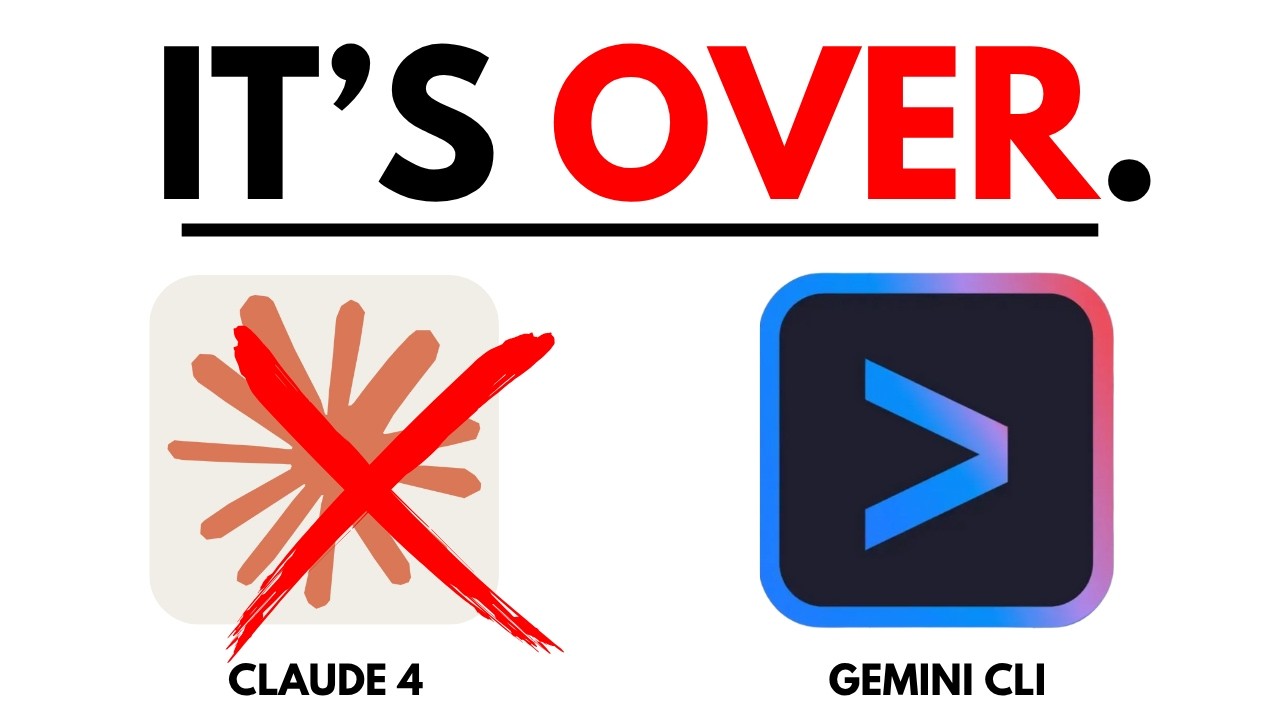Google’s Gemini CLI is an open-source terminal-based AI agent that enables developers to interact with Gemini for coding and multimedia tasks without using a browser, streamlining workflows through text commands. While the CLI is open source, the underlying Gemini AI remains closed source, and its effectiveness depends on individual user preferences and workflows.
Google has recently launched Gemini CLI, an open-source AI agent designed to run directly in your terminal, allowing developers to interact with Gemini without needing a browser. This tool acts as a wrapper for Gemini, enabling seamless communication with the AI through text commands in the terminal. While the CLI itself is open source, the underlying Gemini technology remains closed source. The main goal is to reduce friction for developers by providing a more efficient and accessible way to use Gemini for various tasks beyond just coding.
Gemini CLI is more than a coding assistant; it supports a wide range of functionalities including editing, refactoring, bug detection and fixing, test generation, documentation support, and even multimedia tasks like creating videos. For example, users can request Gemini to generate a short video story directly from the terminal. This versatility makes it a powerful tool for developers who want to leverage AI capabilities without switching contexts or opening multiple applications.
Setting up Gemini CLI is straightforward, requiring NodeJS as a prerequisite. Installation is done via a simple command using npx or npm, with the latter allowing for a global installation on your system. Once installed, users authenticate their account either by logging in or by adding an API key, which enables unlimited usage. The API key can be obtained from Google’s AI Studio, and users are advised to keep it secure to prevent unauthorized access and potential billing issues.
The CLI allows users to interact with code repositories, ask Gemini to analyze changes, generate summaries, create new files, and modify existing projects—all from the terminal. This can streamline workflows by eliminating the need to switch between different tools like VS Code or a web browser. However, the presenter questions whether this approach is genuinely more efficient than using a browser-based interface or traditional code editors, suggesting that the CLI might be more useful as a coding agent rather than a general-purpose Gemini interface.
In conclusion, Gemini CLI offers a promising new way for developers to harness Google’s AI technology directly from their terminal, combining convenience with powerful features. However, users should be aware that while the CLI is open source, the AI model itself is not, and data sent to Gemini is processed by Google. The tool’s usefulness will depend on individual workflows and preferences, and it remains to be seen whether it will become a staple for developers or simply an alternative interface for interacting with Gemini.
